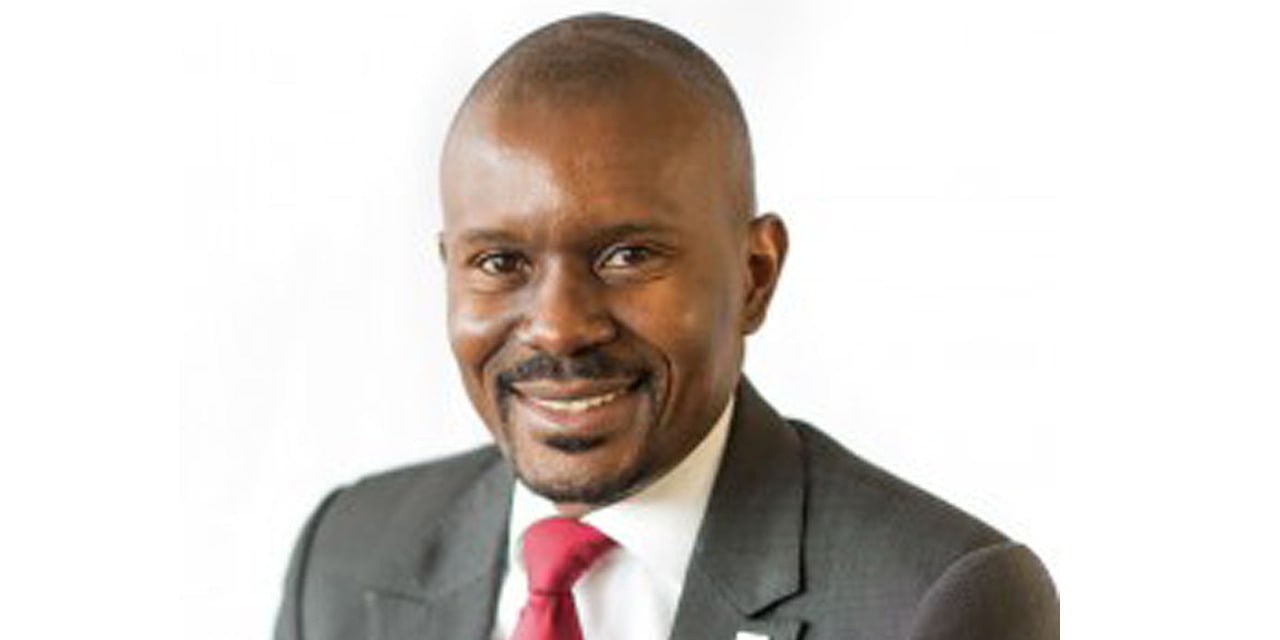Martin Endjala
Combating wildlife trafficking in Africa should not be the responsibility of one country but rather the collective responsibility of all African countries.
This was said by NamRA’s commissioner, Sam Shivute, during the conclusion of the first operation that focused on wildlife trafficking targeting Africa in coordination with other customs authorities, held on Tuesday in Windhoek.
“When you are fighting wildlife trafficking or international organised crimes, it does not make sense for one jurisdiction to be doing better while other jurisdictions are not doing as well as they are supposed to. It will only help us if we all, as members of the African Customs Administration, work together with all the law enforcement agencies if we hold our hands and strategies to ensure that we combat wildlife trafficking,” said the commissioner.
The United Nations Office on Drugs and Crime, in collaboration with the European Union, World Customs Organisations, and the German Cooperation, spearheads the operation “Saving Wildlife Through Multilateral Cooperation in Africa” (SAMA), which began on 1 January and ended on 29 February.
SAMA has 35 members, including Namibia, and aims to dismantle the illicit wildlife trade and trafficking that are ravaging the African continent.
Shivute said that since Namibia’s independence, world commissioners who visited Etosha National Park have expressed concern about whether Namibia can control its protected species.
Despite these concerns, Shivute highlighted that for 34 years, the same commissioners have visited Namibia’s tourist attractions and national parks as tourists.
He said this trend has significantly contributed to the country’s economic development.
Shivute added that this was possible due to the efforts of the Ministry of Environment, Forestry, and Tourism, which deployed mechanisms across the country to ensure the safety of national parks and animals.
Shivute reiterated that it is not the duty of one country to be effective in combating wildlife trafficking and criminal activities.
The operation comprises customs agencies because customs is a business in different countries.
The commissioner reaffirmed that Namibia is not alone and will continue to partner with other African countries, international partners, donors, and development partners to combat criminal activities in the wildlife space.
The EU Ambassador to Namibia, Ana Beatriz Martins, said that illegal wildlife trade has become the world’s fourth-largest form of transnational crime, and no country is spared from this dramatic trend.
“Dozens of wildlife species are pushed ever closer to extinction by habitat loss and illegal trade. The African continent is particularly impacted by unprecedented levels of wildlife and forest crime, which, as a consequence, are impacting the climate, degrading vulnerable ecosystems, threatening the livelihoods of local communities, and adversely affecting the tourism sector,” she highlighted.
According to her, authorities must step up cross-border and multilateral collaboration with harmonised responses to wildlife trafficking and illegal logging, as criminal networks exploit every gap in the flow of information, legislation, customs, and law enforcement.
Meanwhile, the Gambia’s technical attaché Customs Manager, Ansumana Bojan, revealed that Namibia had recorded 17 cases and 34 seizures since the operation’s inception. In Africa, 79 cases were recorded of wildlife trafficking and 135 seizures.




